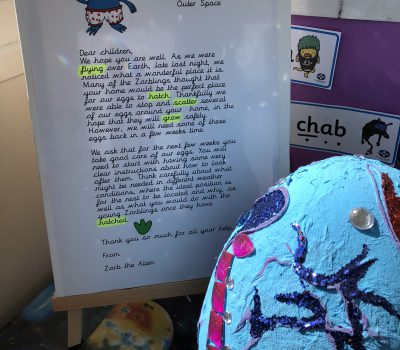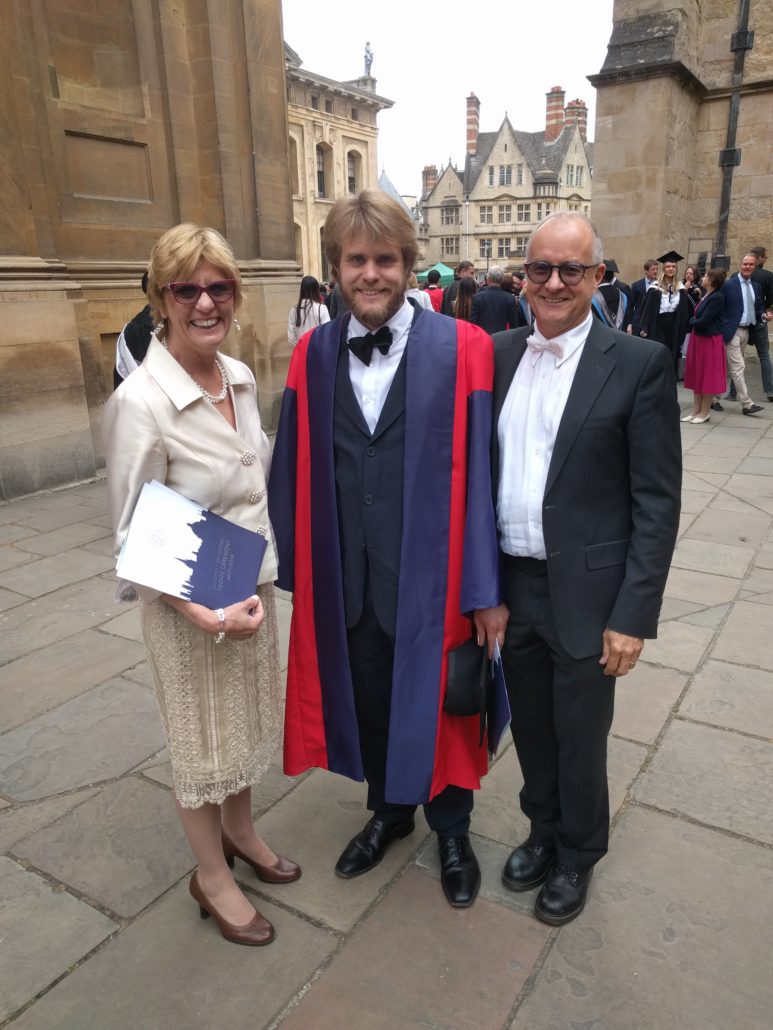


My son failed the first grade. At seven years old, the school diagnostician said he’d never learn. Testing demonstrated he had no strengths, could only read ten words, and had a low IQ. Staring into space was his way of coping with a classroom in which he didn’t belong. These were the reasons Nicholas failed in school.
The prognosis for such a child is poor. My husband took study leave in Oxford from our hometown in Australia. I used this opportunity for me to work one-on-one with Nicholas, away from the school setting, for just six short months. Being in a new environment and having no set curriculum, I began teaching with a series of books claiming, “Success for all.”
Yet, I failed. The books failed. And Nicholas failed.
One day my mother-in-law offered a different perspective, telling me simple words I’d never forget. “Make learning fun, Lois.”
Her words caused me to stop and re-think. First: throw away what he cannot do and, instead, focus on the easier: “What can Nicholas do?”
“Nicholas can see the pattern in words. He can rhyme words. That’s what he can do.”
Building on this strength, I began writing very simple rhyming poems. Nicholas illustrated them. Changing my mindset and adapting the teaching turned our little classroom from the nightmare of “Nicholas cannot do anything” to enjoyment and even excitement.
“Can we read the poems again, Mum?” he would ask throughout our lessons.
Writing poetry engaged Nicholas in enjoyable repetitions of fun rhymes, creating illustrations that turned to laughter, while questions and inquiry became central to his learning and my teaching.
The content for Nicholas: the changing map of the world.
Together, we poured over old maps and globes. For me, I began to see the world through the eyes of my child. He was excited to piece together obvious changes in mapping, from Captain Cook to Christopher Columbus, from Diaz to Prince Henry the Navigator. Names carried meaning, lines of latitude and longitude were paramount as Nicholas began asking questions I could not answer. His questions revealed he did not have a low IQ.
The books Hear it, See it, Say it, Do it! became an essential component in teaching Nicholas to decode. These books broke the decoding process into acceptable, bite-size pieces Nicholas needed.
At the end of the six months, Nicholas was not reading fluently, but he had learned that he could learn, and learning was exciting and worth his effort.
The following year, Nicholas was back in the regular classroom. Thankfully, although he was repeating a grade, he encountered an incredible classroom teacher who adapted her teaching to meet Nicholas’ needs.
I returned to the diagnostician who tested Nicholas the previous year and excitedly shared Nicholas’ love of learning. She stood before me, putting her hand on her hips stating, “Well, he’s the worst child I’ve seen in twenty years of teaching.”
Her words struck like lightning. Frazzled and scolded, I left her office, devastated.
Her words stuck. Contemplation and thought about my teaching followed.
It wasn’t long before I thundered back into her office.
“Well, if he is the worst child you have seen,” I pounded my fist on her table, “then don’t expect him to learn like everyone else!”
Over the next months, working with the classroom teacher and a reading specialist, I supported Nicholas’ learning at home, finding a way around his roadblocks.
It appeared to happen by magic—although I know it wasn’t. One day, I heard him re-read a book, followed by another, and another. He paused at the end of sentences, re-read phrases, and giggled over paragraphs.
“Mum,” Nicholas said to me, “you gotta listen to this. This part is so funny!”
My son was reading independently.
Over the next three years, he maintained steady reading improvement, one year’s reading growth for every year in school. He was behind his classmates, but he was reading for meaning, however slowly.
As for me, watching Nicholas’ progress and his love of learning pushed me to complete a teaching degree in literacy. In the academic literature, I found the answers for which I was searching, and I became a qualified literacy specialist.
This could have been the end of the story, with me teaching in Australia, and Nicholas happily reading for every night, exceeding expectations with his success. But when Nicholas was in the fifth grade, our family followed my husband for work again, on an international move which unpredictably changed all of our lives…
(Part 2 of this blog will be published next week)
2 Replies to “Overcoming the Odds: Outsider to Oxford (Part I)”